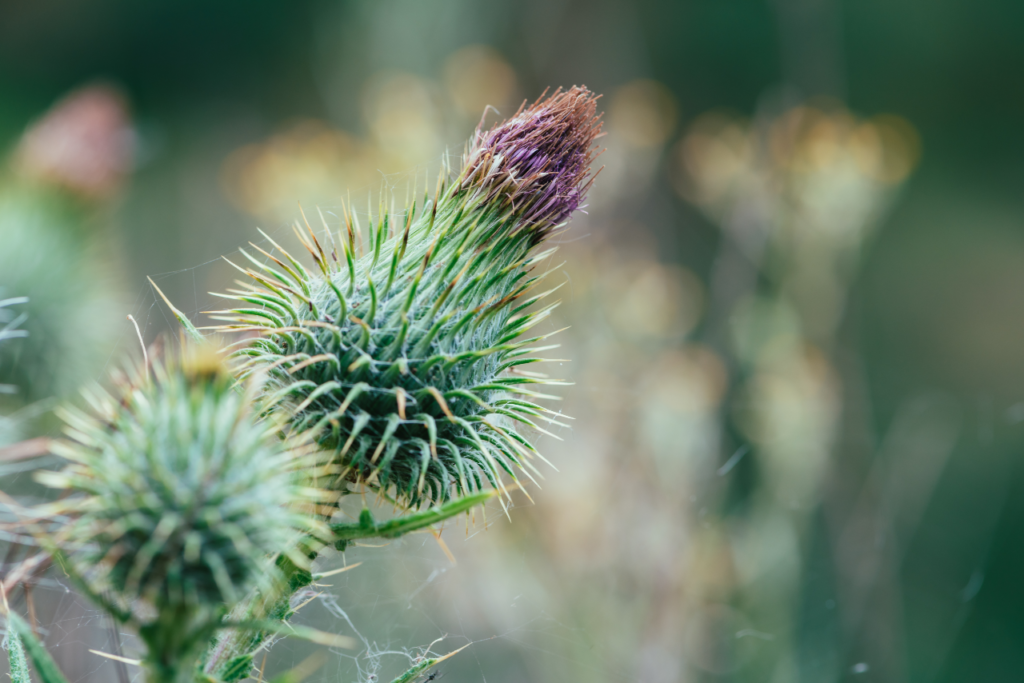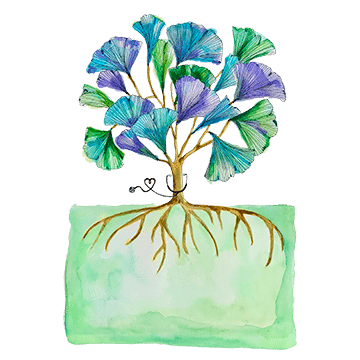
Milk Thistle
For over 2,0000 years, Milk Thistle (Silybum marianum) has been used as an herbal remedy for digestive, liver, kidney, and gallbladder conditions. The active ingredient in milk thistle is silymarin, which can be extracted from the seeds of the plant. Research has shown milk thistle has a protective effect on the liver and similar findings have been seen in studies involving kidney function.
Silymarin promotes cell regeneration in the kidneys, just as in the liver. It also appears to protect kidney cells from damage and hinders the inflammatory response in tissue. Silymarin also has a diuretic effect while preserving the body’s store of potassium, an electrolyte important to the function of cells throughout the body including the heart and muscles. Some physicians recommend taking milk thistle when a patient needs any drug that may potentially damage the kidneys. Studies are also looking at protective benefits milk thistle may provide for people who have to undergo certain types of chemotherapy.
Milk thistle is available in capsule, extract, powder, and tincture form. The most common preparation is tea or an extract. If you have an allergy to plants such as ragweed and marigold, you may be allergic to milk thistle. Always consult with your doctor before taking any herbal supplement to determine if it’s right for you and the amount appropriate for your needs.
Resources
Johnson, R.L., S. Foster, Low Dog, T. and Kiefer, D. “Milk Thistle” in National Geographic Guide to Medicinal Herbs: The World’s Most Effective Healing Plants. Washington, D.C.: National Geographic, 2012. 167-169.
Abascal K, Yarnell E. “The many faces of Silybum marianum (milk thistle) – Part 1.” Alternative & Complementary Therapies. (2003 August) 170-175. Accessed 13 Sep 2020
Abascal K, Yarnell E. “The many faces of Silybum marianum (milk thistle) – Part 2.” Alternative & Complementary Therapies. (2003 October). 251-256. Accessed 13 Sep 2020
Herb Wisdom. “Milk Thistle Benefits.” Accessed on 9/10/2020
National Cancer Institute. “Milk Thistle Information for Health Professionals.” Accessed on 9/8/2020

